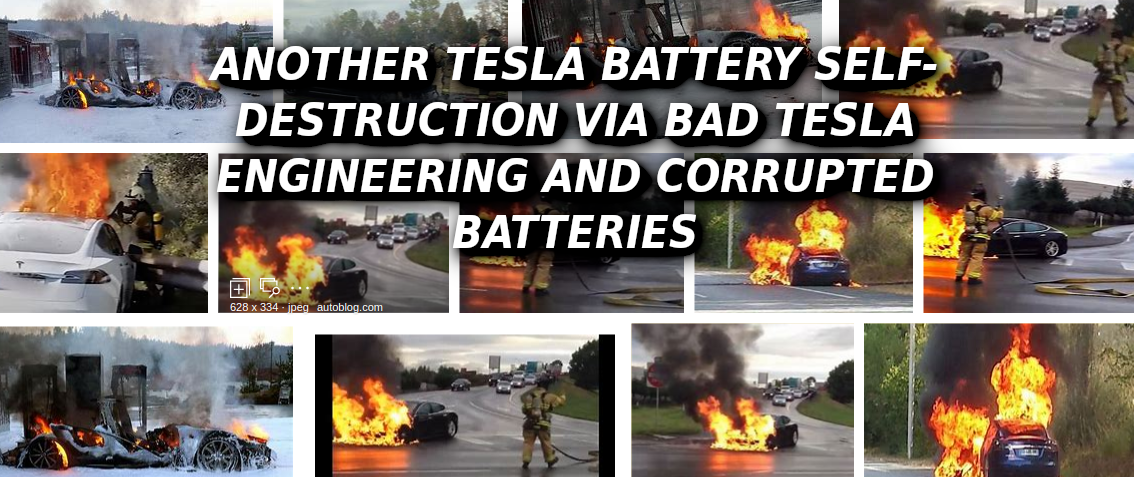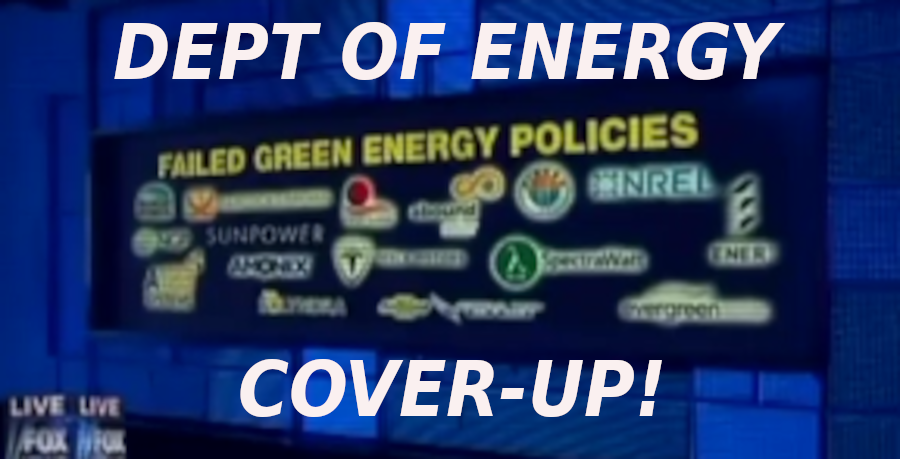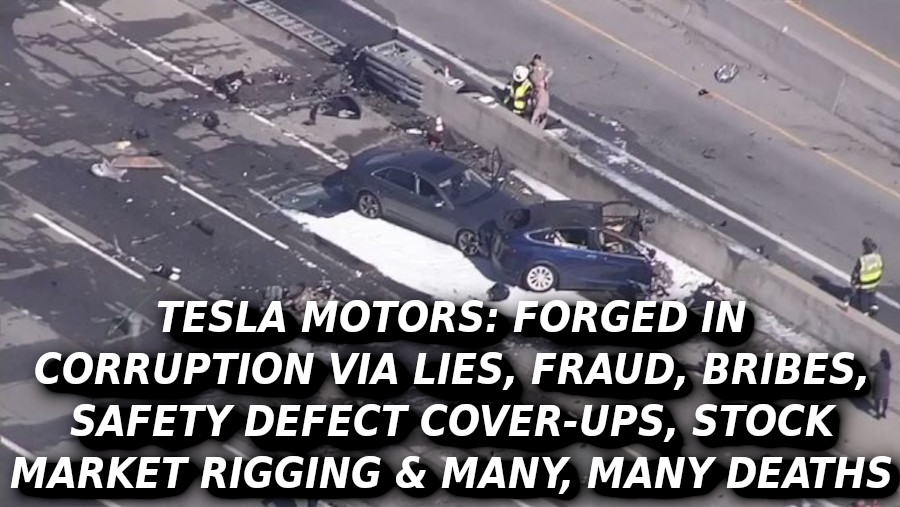New search tool traces sources of ‘dark money’
Center for Public Integrity feature makes it easy to search for grants between nonprofits
“Dark money” just got a bit of light shined on it, thanks to a new search tool unveiled today by the Center for Public Integrity.
The Center downloaded 850,000 forms from about 250,000 nonprofits that were recently released in electronic format by the IRS; we extracted the grant data and made $170 billion reported over five years searchable.
Nonprofits, while not required to publicly disclose donors, are required to report grants given to other nonprofits. The new tool allows researchers, reporters and average citizens to search for a so-called “dark money” group, or any other nonprofit, and find out if it got money from another nonprofit.
Don’t miss another investigation
Sign up for the Center for Public Integrity’s Watchdog email and get the news you want from the Center when you want it.
For example, conservative American Future Fund has spent at least $9.8 million in the 2016 election cycle on political expenditures, according to reports filed with the Federal Election Commission. But unlike super PACs, dark money nonprofits like American Future Fund are not required to reveal donors.
A search using the Center for Public Integrity’s new tool shows the group received $300,000 from the Pharmaceutical Research and Manufacturers of America in the tax year ending December 2010.
Search Patriot Majority USA, a Democratic dark money group, and find a $1 million donation from the American Federation of State, County and Municipal Employees, a union representing government workers, for the tax year ending December 2012 and another $650,000 for the tax year ending December 2014.
“The tool reveals some of the funding sources of nonprofits active in politics and policy that were previously invisible,” said Chris Zubak-Skees, the news developer who created it. “Or the sources were visible, but you would have to sort through a million tax forms by hand to find those.”
The database does not contain grants from tax forms filed on paper. And it doesn’t yet include grants from private foundations or from some nonprofits which received less than $200,000 in a tax year. The Center for Public Integrity’s analysis included about a quarter of the 3.4 million forms filed over five years on which grants must be disclosed. The search is just one small step toward transparency for the billions of dollars nonprofits exchange.
The vast majority of grants go to charitable causes. Readers can find thousands of grants unrelated to political dark money using this search, but more and more nonprofit giving has come under scrutiny in recent election cycles.
That’s because the role of nonprofits became much more important following the 2010 U.S. Supreme Court case, Citizens United v. Federal Election Commission. The court ruled that corporations — including nonprofit corporations — could spend an unlimited amount on political races provided the corporations did not coordinate with candidates.
Those nonprofits are permitted to accept unlimited amounts from for-profit corporations and labor unions. But the IRS is required to keep the identity of the donors secret. And the Federal Election Commission does not require these donors to be disclosed.
John Dunbar, politics editor and deputy executive editor at the Center for Public Integrity, said the new search tool will be a valuable resource for those who value transparency in elections.
“We were using it in-house at first,” he said. “But we decided it was too valuable and too important not to share with the world.”



